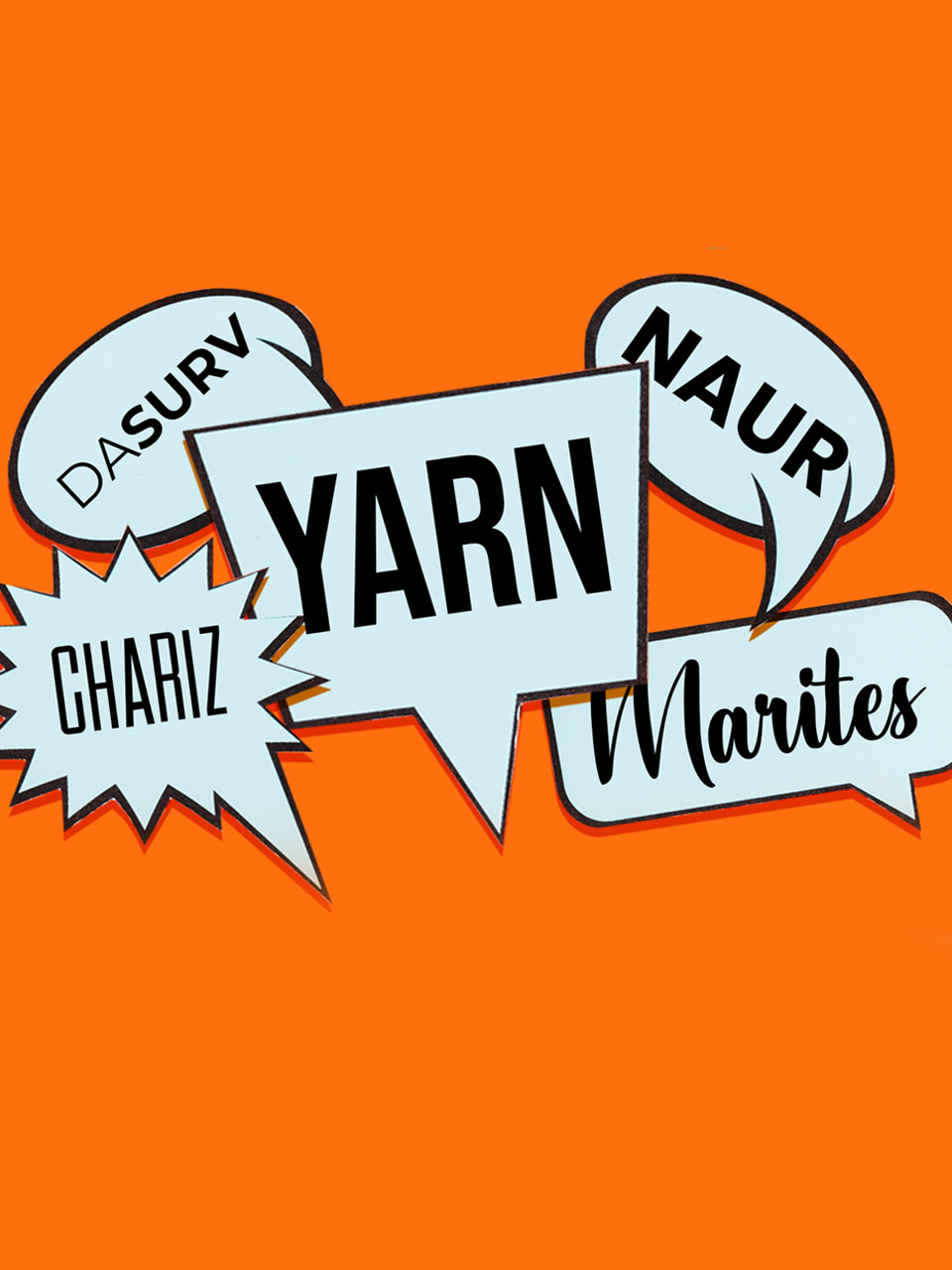For best experience, use Nutshell app on your smartphone.
1:55 pm on 17 August 2022, Wednesday

by: Jade Veronique V. Yap
Language is evolving, and so is the Filipino mind, and the new Filipino internet slang words born yearly are a testament to that.
From chariz, naol to korique, here are nine Filipino internet slangs for today's videyow, that you can use to sound like a real Gen Z.
Forda Person
This newest Filipino internet slang came from a viral TikTok video. The slang supposed to mean "for the person" is often used in different contexts and situations, indicating a purpose.
It has no other meaning than what it means in English. It's just a funny way to share what you're up to for the day. In the third person, the word "person" usually refers to the speaker, but it can also refer to another person.
Example: Forda gastos na naman ang ferson. (We are hear to spend)
For Today's Videyow
Another commonly used Filipino internet slang term in casual conversation is "for today's videyow," — a phrase widely used by bloggers in their vlogs.
Now, ordinary Filipinos use this expression on the internet to share what they are up to, even if they are not making a video.
The extra "w" at the end is simply an exaggeration and a witty way of saying the word.
Example: Kakain tayo for today's videyow. (For today, we are going to eat!)
Marites
If you want to know the latest chika in your neighborhood, call a Marites, and she will tell you the juiciest and spiciest gossip in town! Yes, Marites is a Filipino slang word for people who love to talk about other people's lives. In short, they live for gossip! It is short for "Mare, ano ang latest?" ("Mare, what's the latest (news)?")
Example: Tama na kaka-Marites mo diyan. (Enough with your gossiping).
Dasurv
It's just a creative and modern word to say the word "deserve." As simple as that.
Example: Congratulations sa award! Dasurv! (Congratulations on your award! Dasurv!)
Naur
This Filipino slang is a borrowed word from the Australian language. "Naur" is just an Australian-inspired dramatic, exaggerated and creative way of saying "no."
Example: Kumain ka na? Nauuur. (Did you eat? No!)
Yarn
No folks, yarn is not a piece of string used for sewing! It is slang for the Tagalog word "iyan," which in English is translated as "that." You may just add "yarn" at the end of any word you like to use.
Example: Ano yarn? (What's that?)
Chariz
One of the most frequently used slang terms among Filipinos, both online and in casual conversation, is "chariz." It evolved into char from the other slang word "charot," which meaning "joke" or "just kidding." Now, "chariz" is the most commonly used word you would see on the internet.
Example: Uy crush kita! Chariz! (Hey, I have crush on you! Just kidding!)
Korique
"Korique" is a slang word that is used to express agreement. It's a creative and trendy way of saying the English word "correct."
Example: Korique ka diyan sis. (You are right, sis)
Naol
When you want something other people have—a boyfriend or girlfriend, money, or even talent—you say "sana all," one of the most common slang expressions in Filipino. This term is also known by its abbreviation, "Naol."
Example: Naol, may jowa. (I hope everyone has a boyfriend/girlfriend)
With these Filipino internet slangs, you can now keep up with the Gen Z lingos and sound like one of them!
Korique? Korique.